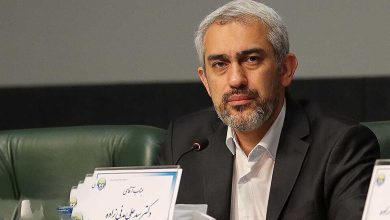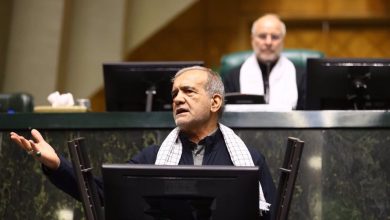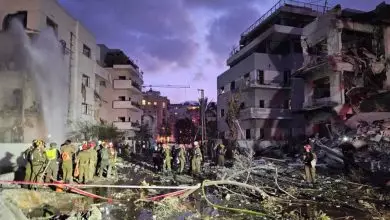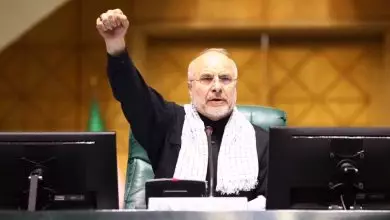Growing concerns emerging regarding a new energy crisis in Europe following the cessation of Russian gas transits through Ukraine
As the Russian-Ukrainian gas transit agreement is set to terminate this Tuesday, apprehensions are escalating over possible increases in energy prices and their influence on European sentiment towards backing Ukraine.
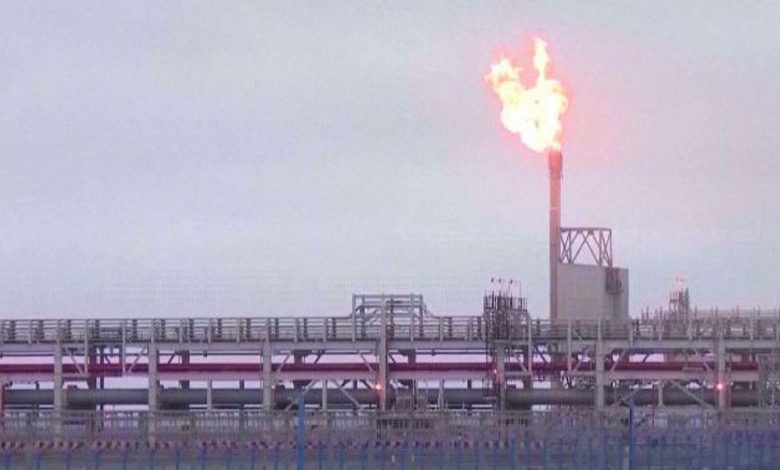
Ukrainian President Volodymyr Zelensky has announced that the current five-year agreement for gas transit will not be extended beyond the upcoming year.
This decision not only risks driving up costs for European countries heavily dependent on Russian gas but also carries wider implications for the continent as a whole.
Industry experts caution that the closure of this pipeline could lead to an increase in natural gas prices across Europe, potentially elevating living costs and production expenses. This scenario might weaken the competitiveness of the European economy.
According to Philipp Lausberg, a policy analyst at the European Policy Center, while there are alternative sources to Russian pipeline gas, they typically come at a higher cost. This price disparity is expected to significantly affect Austria, Hungary, and Slovakia, where gas prices are anticipated to increase. Such a rise could influence consumer prices and the cost of living, as well as industrial expenses, potentially undermining the competitiveness of industries in these nations.
The International Energy Agency (IEA) has identified the suspension of Ukraine’s gas transit pipeline as a significant uncertainty for Europe’s energy landscape this winter.
With the long winter and heating season approaching, several European countries could face challenges due to rising energy prices, potentially leading to increased public dissatisfaction.
Ukraine’s strategic decision to “close the gate” has sparked discontent among European citizens, prompting a more skeptical view of continued support for Ukraine.
Lausberg conveyed the possibility that discussions surrounding the cessation of Russian gas transit through Ukraine could intensify scrutiny and criticism among some segments of the population regarding continued support for Ukraine.
Ukrainian President Volodymyr Zelensky has reiterated Ukraine’s decision not to renew the transit agreement following discussions with European Union leaders in Brussels on December 19. President Zelensky emphasized that the prohibition would be enforced on all gas pipelines originating from Russia.
On the same day, Russian President Vladimir Putin announced that no new agreement would be reached with Kiev regarding gas transmission, stating that Russia might explore alternative routes, including the possibility of transiting through Poland.
Slovak Prime Minister Robert Fico, in a letter addressed to the European Union on Sunday, cautioned that tacitly accepting Ukraine’s decision to cease the transit of Russian gas could exacerbate tensions.
In an open letter disseminated on social media, Fico characterized the decision as misguided, irrational, and likely to provoke retaliatory actions.
Earlier this month, the European Commission announced its decision not to back talks concerning the extension of the gas transit contract, nor would it pursue alternative solutions to sustain gas flows. According to media reports, the Commission has not participated in any negotiations related to this issue.
Fico issued a warning that the cessation of gas transit would inflict greater damage on the European Union than on Russia. He criticized President Zelensky for declaring the transit shutdown without prior consultation with EU institutions or the member states that would be impacted by the decision.
For decades, Russia has been exporting natural gas from northern Siberia to various European nations, including Slovakia, the Czech Republic, Hungary, and Austria, using a cross-border pipeline that traverses Ukraine. However, in light of European Union sanctions imposed on Russia and the development of strategies aimed at diminishing energy reliance on Russian sources, Slovakia has emerged as the sole EU member state currently receiving Russian gas through the Ukrainian transit pipeline.
According to a report by Russia’s Sputnik news agency, Gazprom, the Russian energy conglomerate, delivered approximately 15 billion cubic meters of natural gas to Europe via Ukrainian transit routes in 2023. This volume constituted roughly 4.5% of the European Union’s total gas consumption for the year.
In a recent announcement, Russian Deputy Prime Minister Alexander Novak reported an 18 to 20 percent rise in the volume of Russian gas exports to European nations from January to November this year, compared to the corresponding period in 2023.
The volume of Russian gas delivered to Europe, both through pipelines and as liquefied natural gas (LNG), has surpassed 50 billion cubic meters this year, marking an 18 to 20 percent increase compared to the corresponding period in the previous year. This uptick occurs despite the impact of sanctions on Russia, indicating that demand for Russian gas persists, according to Deputy Prime Minister Alexander Novak.


